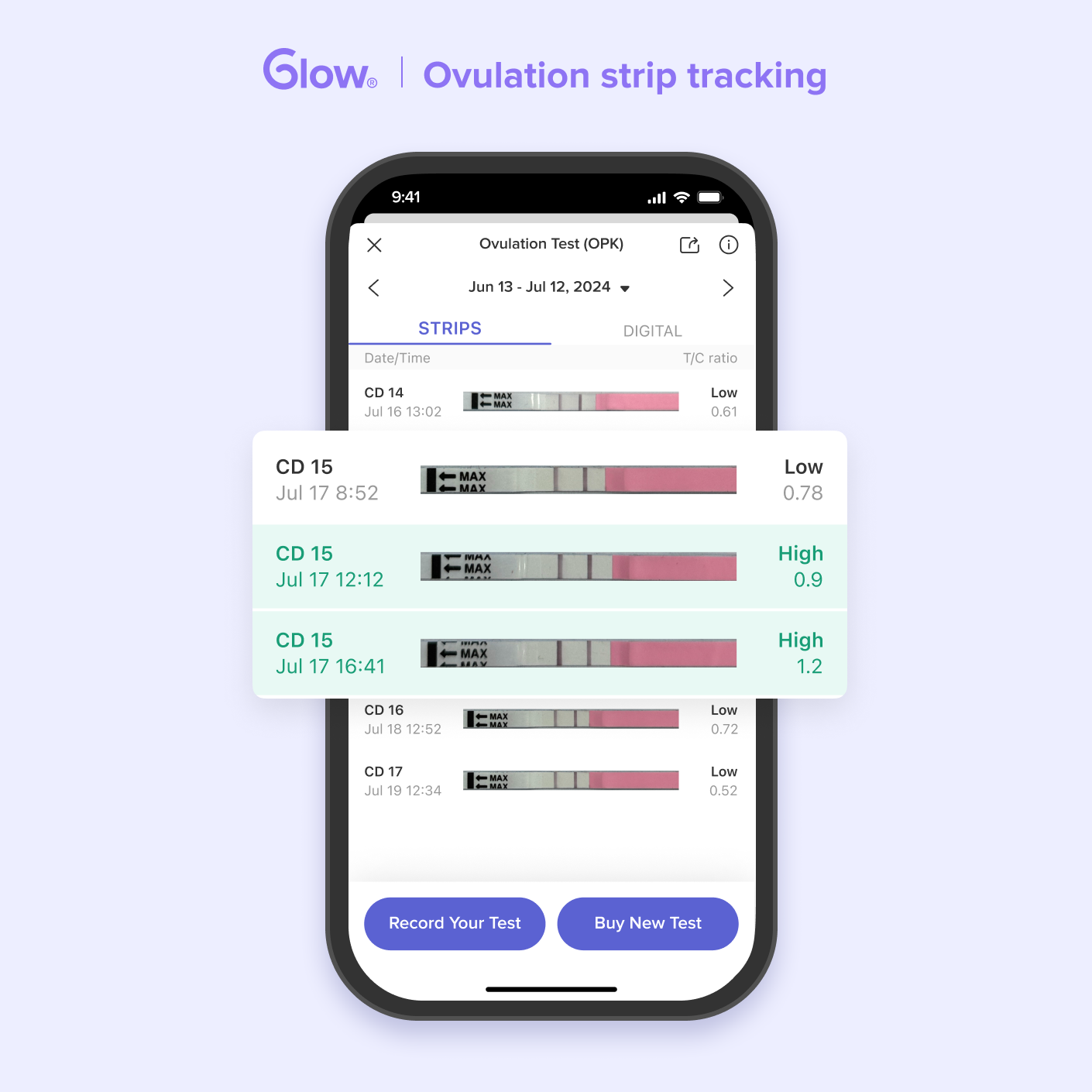
Tracking ovulation is crucial for many women who are trying to conceive, as it helps pinpoint the most fertile days in their cycle. Ovulation tests are a common tool used for this purpose, detecting the surge in Luteinizing Hormone (LH) that triggers ovulation.
Standard guidelines for ovulation testing are straightforward.
The day to start testing usually depends on your cycle length and can be determined using a reference table. For an average 28-day cycle, it’s generally recommended to begin testing around day 10. However, your exact start day may vary based on your individual cycle length. Testing can be done at any time of day, but consistency in timing can improve accuracy. Remember to continue testing daily until an LH surge is detected.
The Trend: Multiple Daily Ovulation Tests
Interestingly, some women prefer taking ovulation tests multiple times a day. This approach is primarily rooted in the desire for precision. Given the brief and sometimes unpredictable nature of the LH surge, multiple daily tests can provide a more accurate window for detecting ovulation.
Understanding the LH Surge
The LH surge is a pivotal moment in the ovulation cycle. An LH surge usually lasts about 12–24 hours and begins around 36 hours before ovulation. However, the exact duration can vary from person to person. This brief window makes it essential for women to test at the optimal time to accurately detect the surge.
Practical Tips for Multiple Daily Testing
For those opting to test multiple times a day, here are some practical tips to ensure the process is effective and manageable:
- Consistent timing: Stick to the same times each day when testing more than once. For example, if you choose to test in the morning and afternoon, aim for consistent monitoring at specific times (e.g., 10:00 AM and 4:00 PM).
- Track with Glow app: Upload and track ovulation test results in the Glow app, making it easy for you to manage and understand your fertility trends.
- Hydration Management: Avoid drinking large amounts of water for at least two hours before testing. Diluted urine can impact test accuracy.
- Resource Management: Stock up on test kits to ensure an adequate supply for multiple daily tests over several days.
- Stress Management: While thoroughness is essential, balance your efforts with emotional well-being. Over-testing can lead to anxiety, so find a manageable routine.





